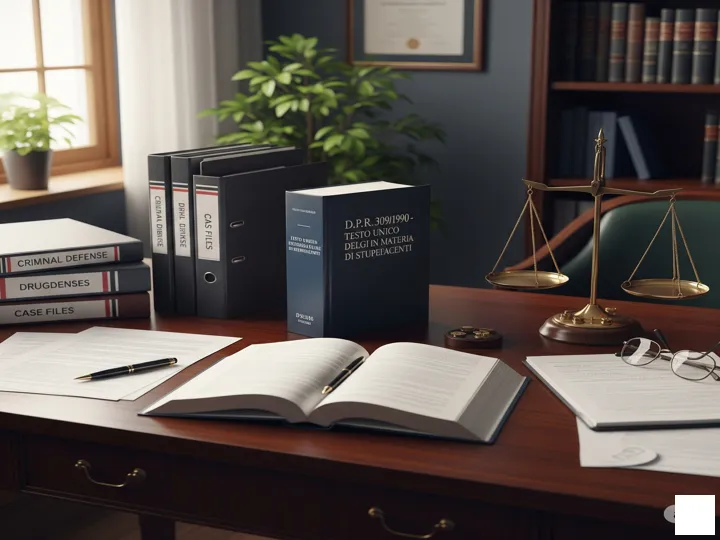In today’s legal landscape, drug trafficking is no longer limited to traditional criminal networks. Increasingly, entrepreneurs, professionals, and international operators find themselves—sometimes unknowingly—involved in cross-border drug investigations.
A criminal charge that increasingly affects the business world
Legal exposure even for those operating in legitimate sectors
Recent cases have seen:
- business owners,
- corporate directors,
- financial consultants or technical experts,
- logistics and customs intermediaries
facing drug-related charges based on interceptions, asset seizures, or indirect associations.
Key issues in criminal proceedings
The evidentiary basis and its weak points
Many accusations rely on:
- ambiguous financial documentation,
- broad interpretations of the suspect’s role,
- ownership of linked assets or vehicles,
- informal or indirect connections to international networks.
A prompt legal defense is essential to challenge the prosecutor’s theory and clarify the true involvement—or lack thereof—of the person under investigation.
Strategic defense in drug trafficking charges
When a business or professional is involved
An effective legal strategy must include:
- careful verification of the origin and legality of the evidence,
- technical review of financial transactions and bookkeeping,
- exclusion of personal criminal liability,
- support from forensic accountants, technical consultants, and criminal lawyers.
Defense in international criminal proceedings
Drug trafficking as a cross-border crime
When the case expands beyond Italian borders, a defense team with international legal expertise is required to:
- address extradition requests and warrants,
- engage with foreign judicial authorities,
- analyze the application of international conventions,
- ensure human rights are respected throughout the process.







